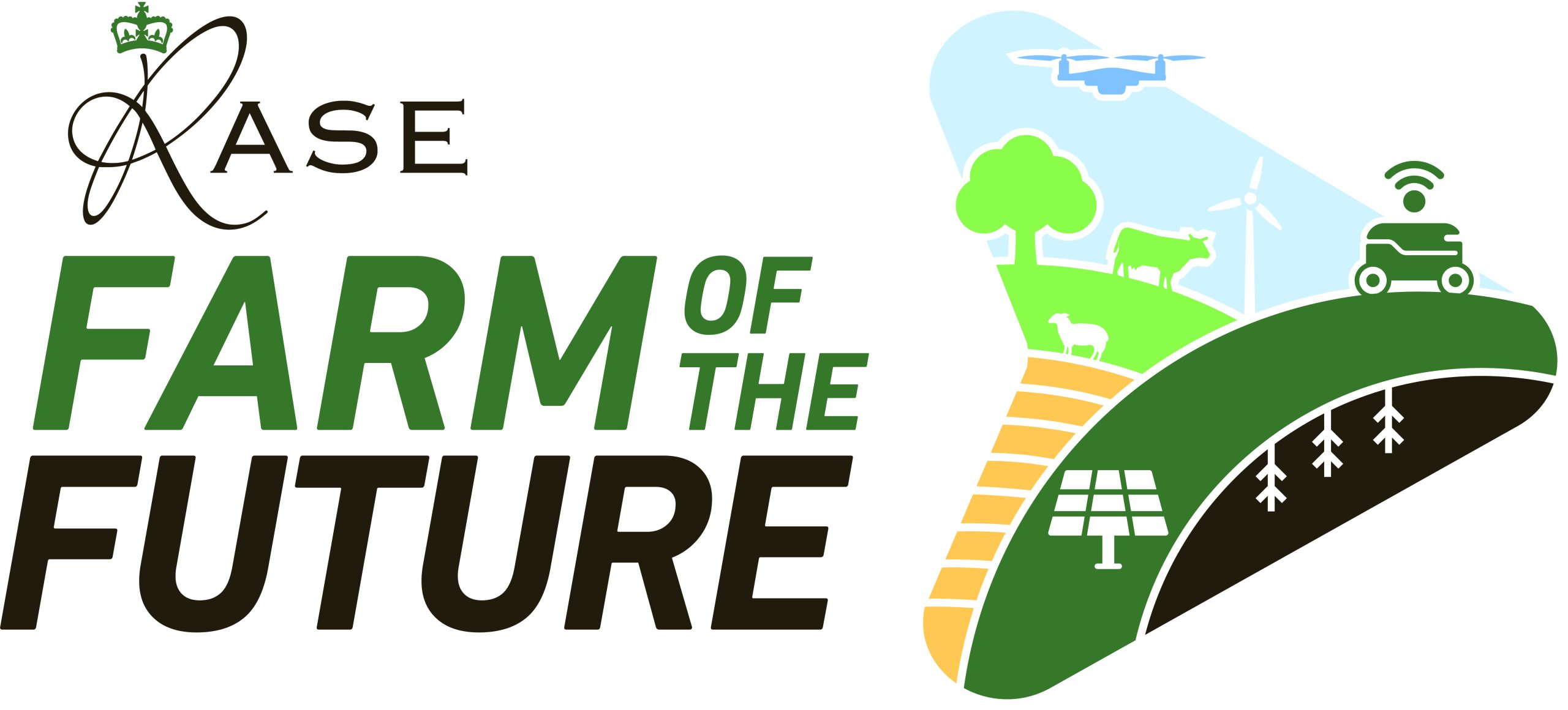The changes to inheritance tax relief for farmers has brought succession planning to front of mind, as post April 2026 it will no longer be possible to pass many farms onto the next generation without any tax consequences.
Speaking in a recent Farm of the Future webinar, Samantha Doherty from the Succession & Tax team at Thrings explained how the changes announced in the 2024 Autumn Budget can impact farms, then delved into some of the options to prepare for the changes.
APR and BPR changes
Currently farmers will continue to receive 100% relief on Agricultural Property Relief (APR) and Business Property Relief (BPR) assets, which will remain the case until April 2026. After April 2026 it will be only the first one million pound of combined APR and BPR assets which will receive 100% relief. Thereafter, everything will be charged at 50% relief from inheritance tax.
It will be possible to pay the inheritance tax over a 10-year period, without interest. However, a lot of family farms would never be able to afford to pay that level of inheritance tax.
Influence of inheritance tax changes on farm succession planning
Previously, knowing that there would not be any tax consequence to pass the farm onto the next generation meant it was relatively easy to not put a farm succession plan in place. However, farm succession is important for all sort of reasons, as when disagreements occur as a result from not having a plan in place the financial and emotional impact on farming families can be severe.
The threat of the inheritance tax has brought the plan for farm succession to the forefront of farming families’ minds. Now, there are the exact same issues to navigate with farm succession as there were previously – who is the farm passed onto, how is it made fair for non-farming siblings, will the retiring generation be able to be financially independent – plus potentially a massive inheritance tax bill.
What are the options to protect family farms?
Speaking in the webinar, Samantha shared some options for farming families to reduce the amount of inheritance tax they are eligible to pay.
Changing your will
For farming couples, changing wills from leaving everything to their spouse to each leaving one million pounds to either the next generation or to a trust can be a good option. By each passing one million pounds worth of assets to the next generation they can in total pass on two million pounds worth of assets inheritance tax free, providing a saving of £200,000 off the tax bill which the next generation would otherwise pay.
If at the time of writing wills the couple do not yet know who the farm successor will be, then the one million pounds can go to a trust.
Making gifts during lifetime
When gifting land or assets, it is possible to receive capital gains tax holder relief on the gift. This means there is no tax on making the gift, then as long as the person survives at least seven years from making the gift it is considered outside of that person’s estate from an inheritance tax point of view.
With gifts during lifetime, it is essential to make sure that the gift is unquestionably a gift. If a gift is made, but then the giver reserves some of the benefits from that gift, then that will then be considered part of the giver’s estate and will be subject to inheritance tax upon their death.
If the giver does not yet know which member of the next generation will be taking on the farm, or if there are potentially issues within that generation, then gifting the assets into trust can be a good opportunity. If this is done before April 2026 then there will be no tax consequences to gifting assets into a trust. As with giving assets to a person, the giver will need to survive seven years for it to be outside of your estate.
Life insurance
When making gifts it is possible to insure the gift so that the inheritance tax will be covered in the event that the giver does not survive seven years.
Similarly, life insurances could be obtained to insure for a death on the farm, to make sure the inheritance tax is covered.
Succession planning and inheritance tax
In summary, there are options for farming families to reduce the amount of inheritance tax paid, or to obtain life insurance at a level that will cover the inheritance tax bill.
While financial planning for the future of a family farm is crucial, this does not undermine the need to address the wider issues around farm succession. When things go wrong and if disagreements go to court, then the cost of solicitors’ fees can vastly exceed the amount due in an inheritance tax bill. Having open conversations with family and putting the legal preparations in place can support a smooth transition of the farming business to the next generation. Read more about preparing for farm business succession here, or watch the webinar on the topic in the RASE online members’ resources.

